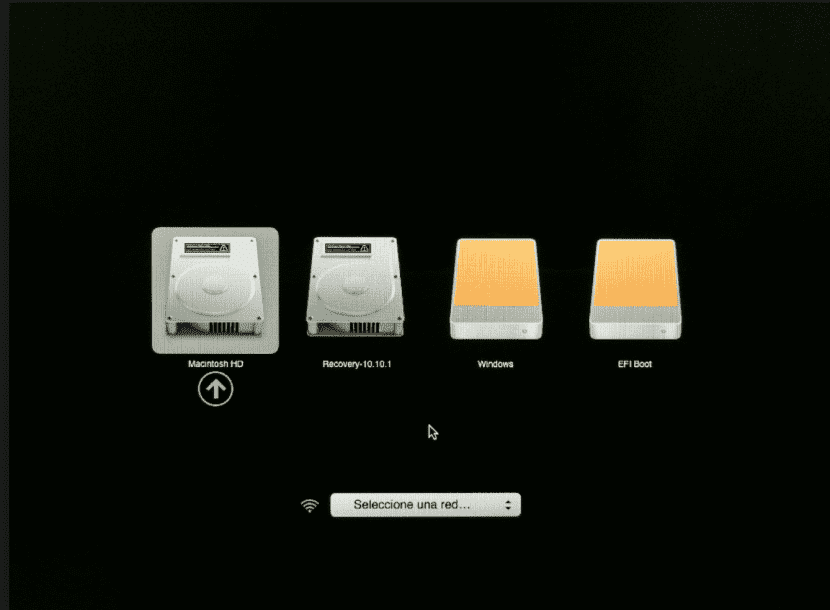
It was time! macOS Sierra is here. Apple's new OS is already in its final version, and with it, many changes are coming. Among them, the one that we bring you here: The HFS file system (Hierarchical File System) It will no longer be supported with this new operating system.
This file system was developed by Apple Inc. for use on computers running Mac OS. Originally, It was designed to be used on hard drives and floppy disks., although it would also be possible to find it on CD's.
In the user documentation, HFS is often referred to as "Mac OS standard«, to make clear deference to its successor, the HFS+, which is called OS XPlus.

the HFS It was introduced by Apple in September 1985., replacing the MFS (Macintosh File System, or Macintosh file system), the original, introduced a year earlier. HFS shared a number of design features with MFS that were not available in other filesystems at the time (FAT, DOS, ...).
Currently, although HFS is a robust and secure format, there are solutions to access these disks from most modern operating systems. It was around 1998, when Apple introduced HFS+ to add some improvements and solve the main problems of HFS.
Since then, HFS has been supported by current versions of Mac OS, but as of now, with macOS Sierra, it will no longer be supported, as Apple has let us know through the developer documentation.
To find out if you still have a disc with this format, you can access the additional information with the command ⌘i. It should be said that this disk will be very old if it still works with that format.
Yes, for whatever you need to access those files, it is best to copy those files to another disk and format it HFS+ and then copy the files back to the source disk.